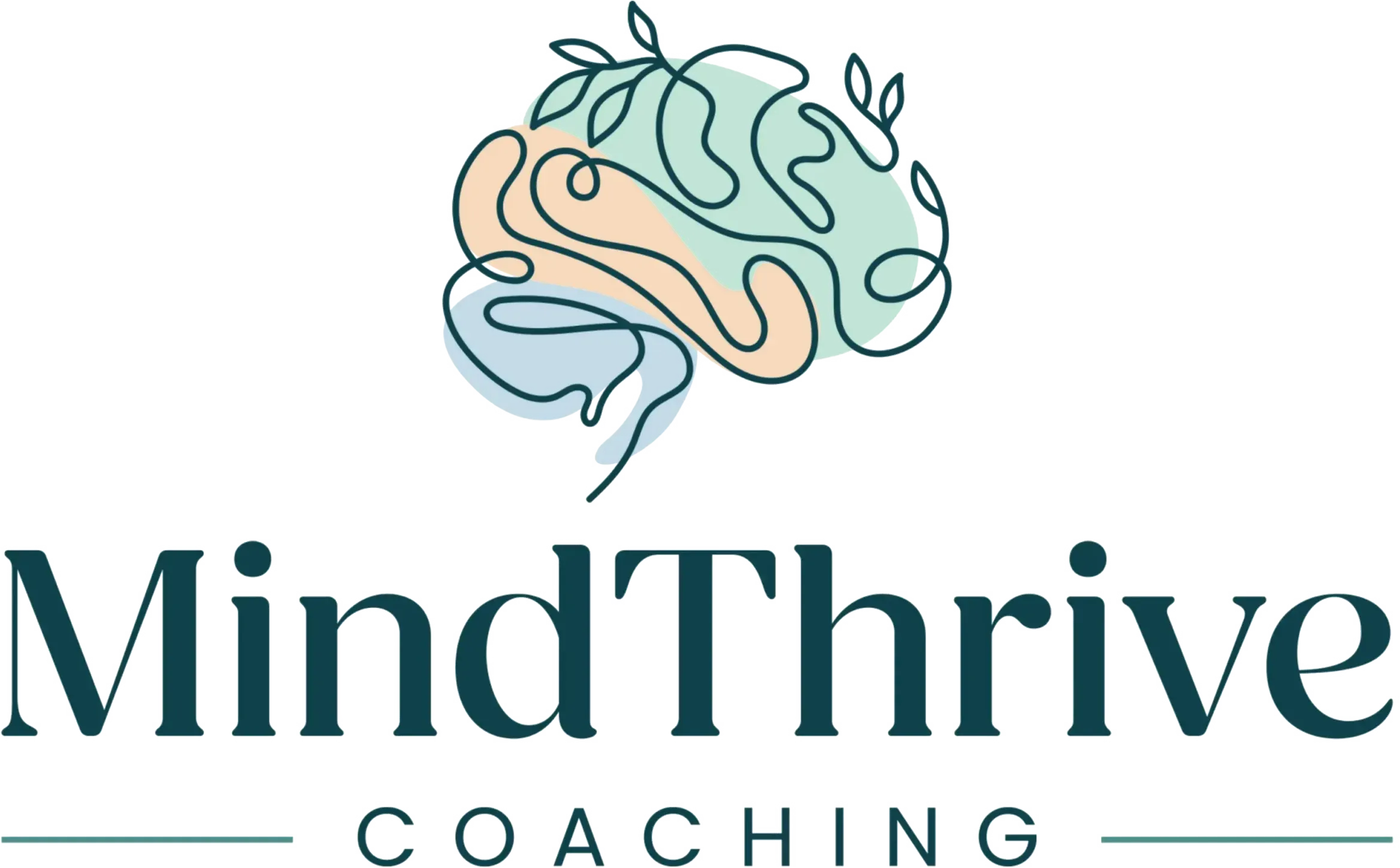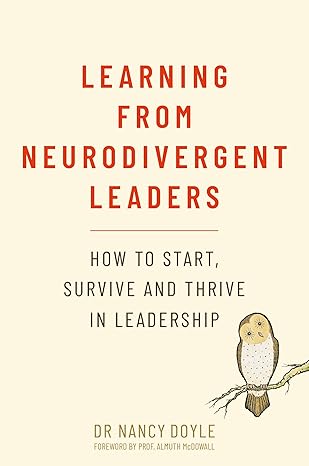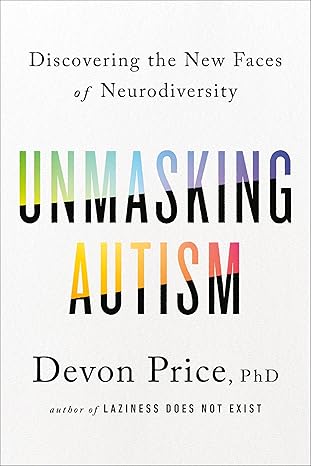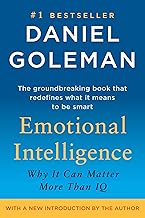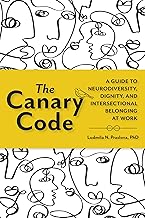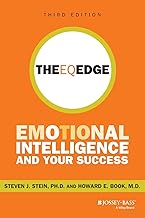The EQ Edge: Emotional Intelligence and Your Success by Steven J. Stein and Howard E. Book
Build the Skills That Help You Thrive—At Work, in Relationships, and Within Yourself
The EQ Edge explores how emotional intelligence (EQ) impacts success across all areas of life—offering a practical, evidence-based guide to building the emotional skills that matter most.
Grounded in the EQ-i 2.0 model (which I offer as part of my coaching process), this book helps readers understand what EQ is, why it matters, and how to apply it for greater confidence, resilience, and connection.
While not written specifically for neurodivergent individuals, The EQ Edge provides valuable tools for anyone—neurodivergent or neurotypical—looking to reduce emotional friction, improve communication, and navigate life more intentionally.
This book provides:
Clear Explanations– Breaks down core emotional intelligence skills such as self-awareness, empathy, impulse control, and flexibility.
Real-Life Examples – Highlights how EQ impacts leadership, teamwork, conflict resolution, and well-being.
Practical Tools–Includes exercises and reflection prompts to help you strengthen EQ over time and apply it in real-world settings.
Key Takeaways
Understanding Emotional Intelligence
Learn how emotional intelligence affects your decisions, relationships, and ability to manage stress—at work and beyond.
Developing Emotional Skills
EQ isn’t something you either have or don’t—it’s a skill set that can be learned, practiced, and refined.
Stronger Connections
Emotional intelligence fosters trust, empathy, and clarity in your communication with others.
Why Add This Book to Your Library?
If you're exploring your own personal growth, this book provides the structure and tools to build emotional strength and insight.
If you're a leader or HR professionaI, The EQ Edge offers practical ways to improve team dynamics, performance, and trust.
If you're neurodivergent or an ally, this book can help you navigate emotions, relationships, and work-life with greater ease and success.
